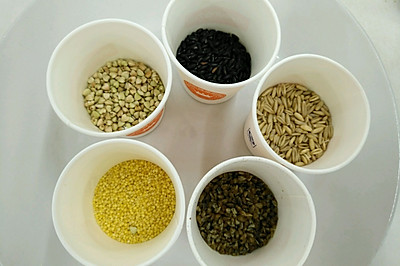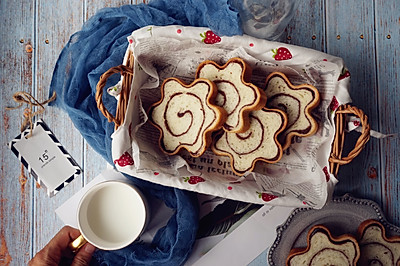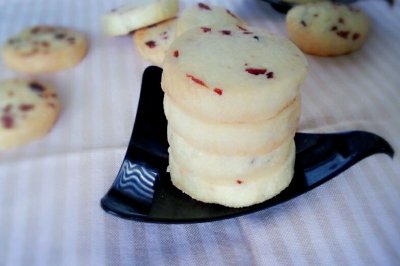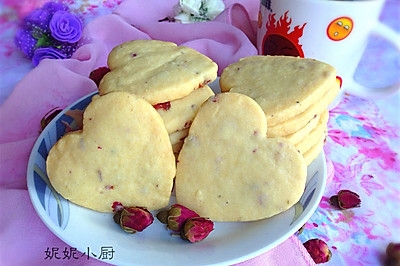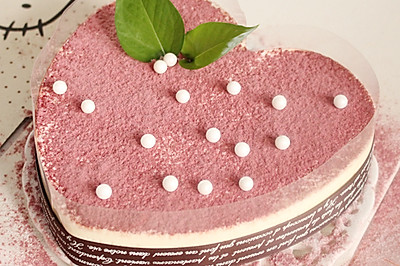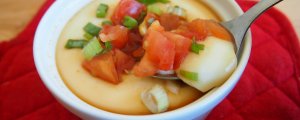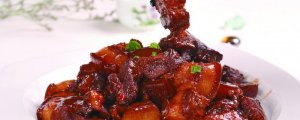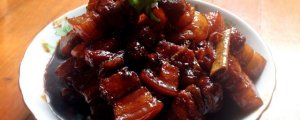
Beauty Rose wine
(157870 views)
In the Tang Dynasty, Empress Wu Zetian of the great Zhou Dynasty drank rose nectar early and applied rose petals at night. Although she was over the age of Huajia, she still looked like a peach blossom. In the Qing Dynasty, Empress Dowager Cixi bathed and beautified herself with roses, and she was still young. Rose also has high medicinal value. The Chinese ancient Pharmacopoeia compendium of Materia Medica, justice of Materia Medica and examination of medicinal properties all fully annotated the functions of rose such as promoting qi and relieving depression, harmonizing Qi and dispersing stasis, regulating qi and activating orifices. Rose wine is also a good medicine for gynecological diseases, cardio cerebrovascular diseases and injuries caused by falls. Efficacy - drinking this wine for a long time has the functions of beautifying, beautifying, removing blood stasis, clearing heart and brain, nourishing yin and kidney, strengthening spleen and stomach. It is a good nourishing and health care product. Rose wine also has the effect of dispelling wind and cold, lowering blood pressure, nourishing yin and kidney, refreshing brain, improving endocrine and so on, especially for gynecological diseases.
Cooking ingredients
Cooking Steps

Step1:The containers and roses used for brewing wine should be cleaned with wine. If you have time, you can remove the rose's base and heart. Just the rose petals.

Step2:Put the rose and crystal sugar into the jar. Pour in Jiujiang double steamed rice wine. Seal it in a cool place for one month before drinking.
Cooking tips:Soak flower wine. It is recommended to use rice wine brewed from pure grain. Rice wine can bring more rose fragrance. Don't use Luzhou flavor and Maotai flavor. The smell of wine is too strong. Cover up the smell of flowers. There are skills in making delicious dishes.
 Chinese Food
Chinese Food